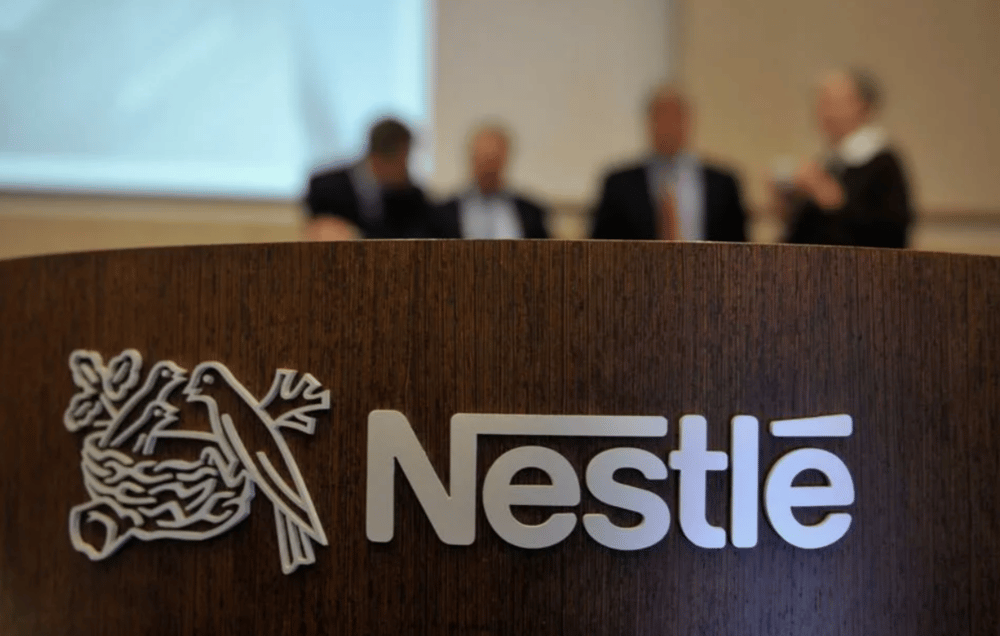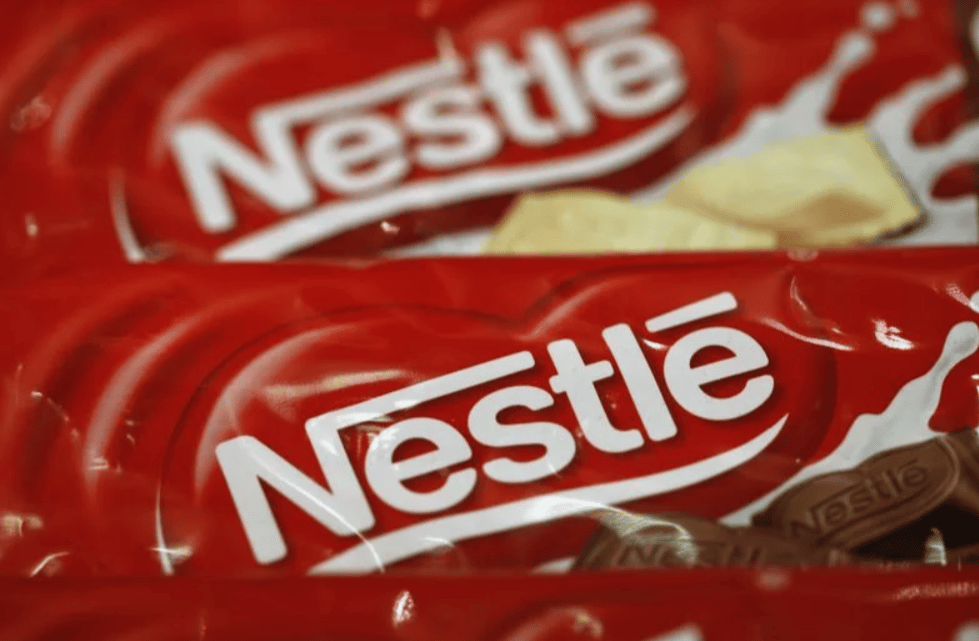Nestlé Reclaims Market Share in U.S. Despite Economic Concerns and Trade Policy Uncertainty
As concerns grow over the U.S. economic slowdown and recent shifts in trade policy, Nestlé SA $NESN.SW — the world’s largest food and beverage company — reports it is successfully regaining market share in its key North American segment. The company’s CEO, Laurent Freixe, shared the update during an interview published Wednesday by the Swiss newspaper Neue Zürcher Zeitung.
Despite macroeconomic uncertainty and lingering fears about the impact of renewed U.S. import tariffs under the Trump administration, Nestlé’s U.S. operations are reportedly performing well, driven by portfolio innovation and strategic distribution.
Economic Environment and Nestlé's Strategic Response
Recent indicators suggest that U.S. consumer confidence has been dented by concerns over slower GDP growth, persistent inflation, and rising interest rates. However, Nestlé appears to be countering headwinds through targeted brand investments, local manufacturing, and supply chain optimization.
Nestlé’s resilience may also reflect changing consumption habits in the U.S., where consumers are increasingly shifting toward value-for-money and health-conscious food products — two categories in which the Swiss multinational has heavily invested.
According to Freixe, Nestlé’s U.S. strategy includes revamping key product lines and expanding distribution in underserved regions. The firm also continues to divest non-core brands, aligning its portfolio with evolving consumer preferences.

Quick Facts:
Company: Nestlé SA
Region: United States
CEO: Laurent Freixe
Focus: Market share recovery and portfolio optimization
Macroeconomic backdrop: Slower U.S. growth, tariff risks, shifting consumer trends
Trade policy: Impact of U.S. tariffs under Trump administration
Market Reactions and Strategic Commentary
Despite global macroeconomic volatility, Nestlé’s reaffirmed confidence in its U.S. business segment has been welcomed by analysts as a sign of operational resilience. Markets have been closely monitoring how multinational corporations manage exposure to the U.S., especially given recent trade policy shifts and the potential for retaliatory tariffs from major trading partners.
Nestlé's positive outlook also highlights the relative stability of the U.S. consumer staples sector, which often outperforms during periods of economic uncertainty due to steady demand for essential goods.
Analysts point to Nestlé's prior performance during trade disputes and inflationary cycles as evidence of the company’s ability to navigate complex regulatory and macroeconomic environments, particularly in high-margin markets like the United States.

Key Takeaways:
Nestlé is regaining market share in the U.S. despite a weakening macroeconomic backdrop.
The company’s portfolio realignment and local strategy have been crucial to its resilience.
U.S. tariffs have added risk, but consumer staples demand remains stable.
Nestlé benefits from a strong brand portfolio aligned with health and value trends.
Analysts view the company as a defensive play in uncertain global trade conditions.
Nestlé's U.S. Strategy Offers a Blueprint for Stability in Volatile Times
In a climate marked by slowing U.S. economic growth and renewed protectionist trade policies, Nestlé’s success in regaining market share underscores its robust strategic framework and agile operational execution. By leveraging brand strength, consumer insight, and regional focus, Nestlé sets a precedent for how global FMCG giants can not only weather turbulence but emerge stronger in key international markets.















Comments